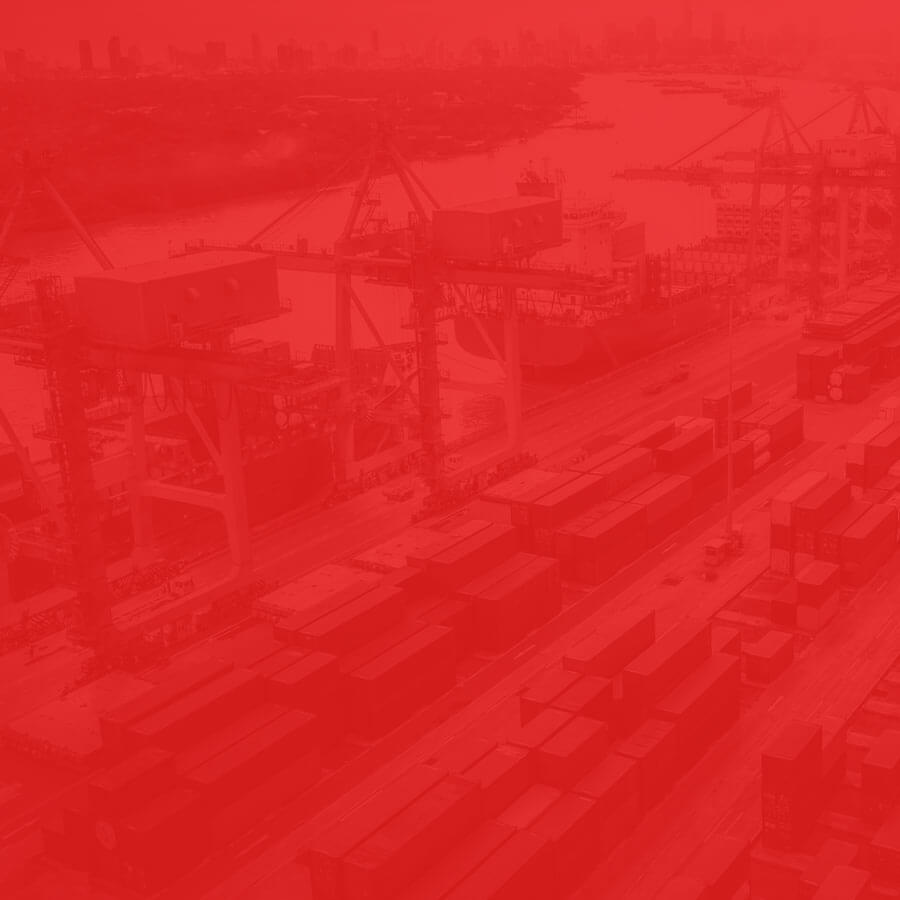

The seller makes the goods available at his premises. The buyer is responsible for all charges.
The seller hands over the goods, cleared for export, into the custody of the first carrier (named by the buyer) at the named place. This term is suitable for all modes of transport, including carriage by air, rail, road, and containerised / multi-modal transport.
FAS Free Alongside Ship (named loading port) The seller must place the goods alongside the ship at the named port. The seller must clear the goods for export; this changed in the 2000 version of the Incoterms. Suitable for maritime transport only.
The classic maritime trade term. The seller must load the goods on board the ship nominated by the buyer, cost and risk being divided at ship's rail. The seller must clear the goods for export. Maritime transport only.
Seller must pay the costs and freight to bring the goods to the port of destination. However, risk is transferred to the buyer once the goods have crossed the ship's rail. Maritime transport only.
Exactly the same as CFR except that the seller must in addition procure and pay for insurance for the buyer. Maritime transport only.
The general/containerized/multimodal equivalent of CFR. The seller pays for carriage to the named point of destination, but risk passes when the goods are handed over to the first carrier.
The containerized transport/multimodal equivalent of CIF. Seller pays for carriage and insurance to the named destination point, but risk passes when the goods are handed over to the first carrier.
This term can be used when the goods are transported by rail and road. The seller pays for transportation to the named place of delivery at the frontier. The buyer arranges for customs clearance and pays for transportation from the frontier to his factory. The passing of risk occurs at the frontier.
Where goods are delivered ex ship, the passing of risk does not occur until the ship has arrived at the named port of destination and the goods made available for unloading to the buyer. The seller pays the same freight and insurance costs as he would under a CIF arrangement. Unlike CFR and CIF terms, the seller has agreed to bear not just cost, but also Risk and Title up to the arrival of the vessel at the named port. Costs for unloading the goods and any duties, taxes, etc? are for the Buyer. A commonly used term in shipping bulk commodities, such as coal, grain, dry chemicals - - - and where the seller either owns or has chartered, their own vessel.
This is similar to DES, but the passing of risk does not occur until the goods have been unloaded at the port of destination.
This term means that the seller delivers the goods to the buyer to the named place of destination in the contract of sale. The goods are not cleared for import or unloaded from any form of transport at the place of destination. The buyer is responsible for the costs and risks for the unloading, duty and any subsequent delivery beyond the place of destination. However, if the buyer wishes the seller to bear cost and risks associated with the import clearance, duty, unloading and subsequent delivery beyond the place of destination, then this all needs to be explicitly agreed upon in the contract of sale
This term means that the seller pays for all transportation costs and bears all risk until the goods have been delivered and pays the duty. Also used interchangeably with the term "Free Domicile". The most comprehensive term for the buyer.
| Load to truck | Export-duty payment | Transport to exporter's port | Unload from truck at the origin's port | Landing charges at origin's port | Transport to import's port | Landing charges at import's port | Unload onto trucks from the importer's port | Transport to destination | Insurance | Entry-Coutoms clearance | Entry-Duties & Taxes | |
|---|---|---|---|---|---|---|---|---|---|---|---|---|
| EXW | Buyer | Buyer | Buyer | Buyer | Buyer | Buyer | Buyer | Buyer | Buyer | Buyer | Buyer | Buyer |
| FCA | Seller | Seller | Seller | Buyer | Buyer | Buyer | Buyer | Buyer | Buyer | Buyer | Buyer | Buyer |
| FAS | Seller | Seller | Seller | Seller | Buyer | Buyer | Buyer | Buyer | Buyer | Buyer | Buyer | Buyer |
| FOB | Seller | Seller | Seller | Seller | Seller | Buyer | Buyer | Buyer | Buyer | Buyer | Buyer | Buyer |
| CFR | Seller | Seller | Seller | Seller | Seller | Seller | Buyer | Buyer | Buyer | Buyer | Buyer | Buyer |
| CIF | Seller | Seller | Seller | Seller | Seller | Seller | Buyer | Buyer | Buyer | Seller | Buyer | Buyer |
| CPT | Seller | Seller | Seller | Seller | Seller | Seller | Buyer | Buyer | Buyer | Buyer | Buyer | Buyer |
| CIP | Seller | Seller | Seller | Seller | Seller | Seller | Buyer | Buyer | Buyer | Seller | Buyer | Buyer |
| DAT | Seller | Seller | Seller | Seller | Seller | Seller | Seller | Buyer | Buyer | Seller | Buyer | Buyer |
| DAP | Seller | Seller | Seller | Seller | Seller | Seller | Seller | Seller | Seller | Seller | Buyer | Buyer |
| DDP | Seller | Seller | Seller | Seller | Seller | Seller | Seller | Seller | Seller | Seller | Seller | Seller |